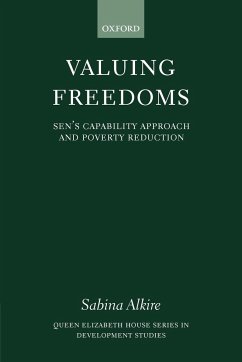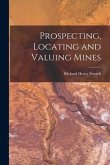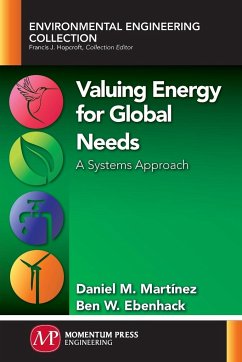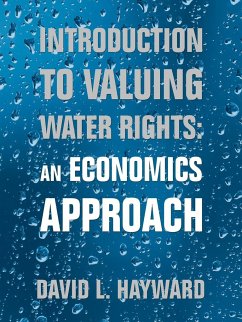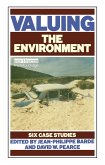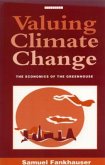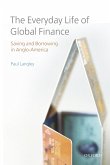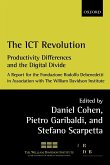Friendship, knowledge of foreign groups, the ability to purchase milk and shoes, the scent of summer roses: of what interest is this type of information to economists? Sabina Alkire shows how Nobel Prize-winning economist Amartya Sen's capability approach can be coherently - and practically - put to work in poverty reduction activities. Sen argues that economic development should expand 'valuable' freedoms. Alkire probes how we identify what is valuable. Foundational issues are addressed critically - dimensions of development, practical reason, culture, basic needs - drawing on Thomist authors who give central place to authentic participation. A participatory procedure for identifying capability change is then developed. Case studies of three Oxfam activities in Pakistan - goat-rearing, female literacy, and rose cultivation - illustrate this novel approach. "Valuing Freedoms" will be of considerable interest to economists, philosophers, development practitioners, and theologians, as well as to followers of Sen's work.
Hinweis: Dieser Artikel kann nur an eine deutsche Lieferadresse ausgeliefert werden.
Hinweis: Dieser Artikel kann nur an eine deutsche Lieferadresse ausgeliefert werden.

